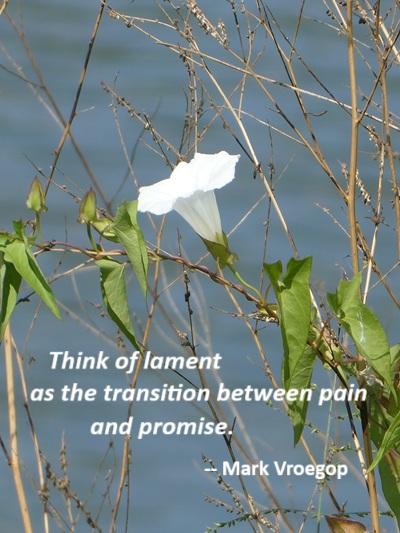Forgiveness, not Punishment
Actually, we might say that sin condemned and punished through retribution is sin condemned without hope for redemption. But sin exposed through righteousness, with the intent to restore the sinner to God, is grounded in the hope of salvation. So instead of saying that God inflicted the pain of the cross on Jesus as a penalty for our sin, we can say that the horrific nature of the cross exposed and condemned the gravity of our sin. After all, human beings are the ones who put Jesus to death, not God.
And remember, Jesus never said anything about coming to receive punishment for sin, but he said quite a bit about forgiving it. The righteousness of God in Jesus transcended the retributive aspects of the law and brought about our forgiveness – think about Jesus’ prayer for our forgiveness from the cross. In this manner, Jesus gave us his life and revealed to us the law of love that restores us to God and to each other. The Bible tells us that no greater love exists than this (John 15:13).
— Sharon L. Baker, Executing God, p. 134
Photo: Sunset at Blackwater Canyon, WV, April 23, 2025









